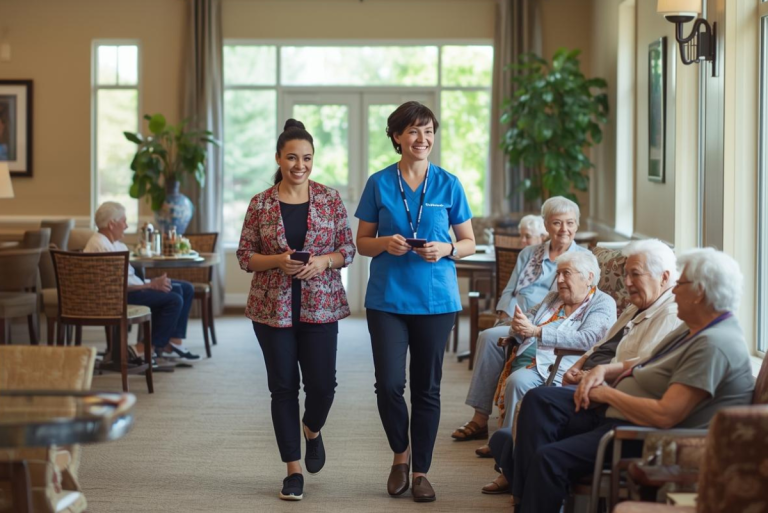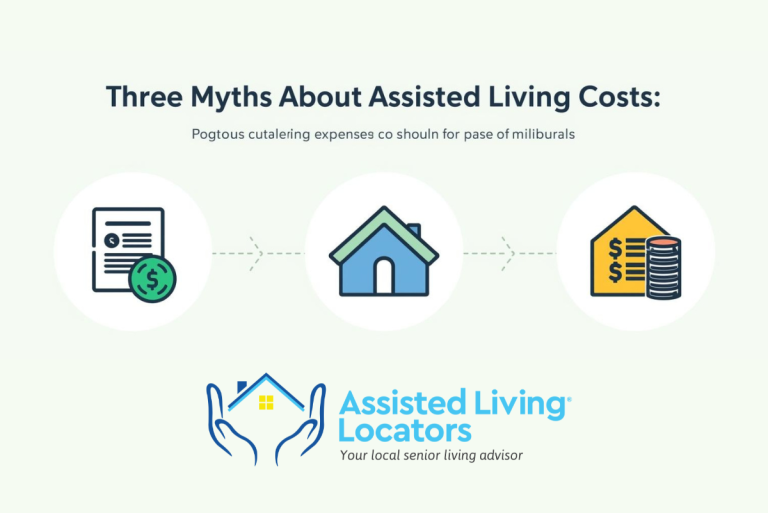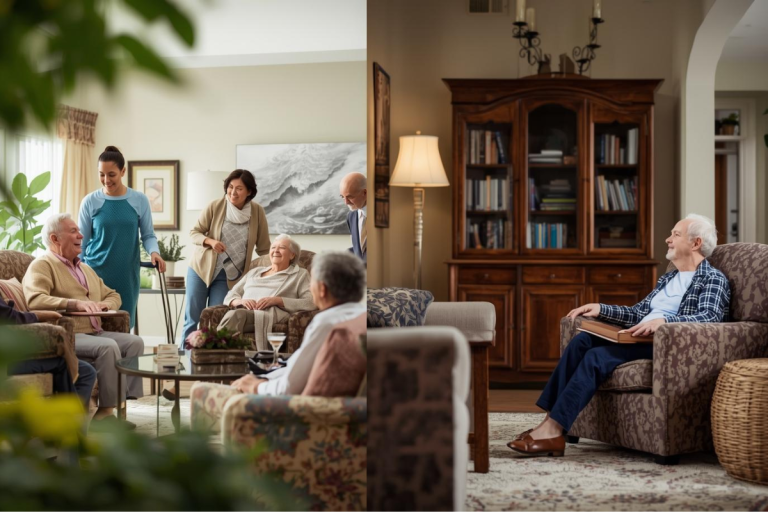As summer heats up, it’s more important than ever to protect our aging loved ones from the dangers of high temperatures. Older adults are more vulnerable to heat-related illnesses due to changes in how their bodies regulate temperature, as well as common medical conditions or medications that affect hydration.
Why Seniors Are More at Risk in the Heat
As we age, the body becomes less efficient at regulating temperature. Seniors may not sweat as effectively or may have a diminished sense of thirst, making them more prone to dehydration. Certain medications, such as diuretics or heart medications, can also increase sensitivity to heat.
Signs of Heat-Related Illness in Older Adults
Watch for warning signs like:
- Dizziness or lightheadedness
- Rapid pulse or shallow breathing
- Headache, nausea, or confusion
- Hot, dry skin or, in some cases, excessive sweating
If you notice these symptoms, move your loved one to a cool place, offer water, and seek medical attention if symptoms worsen.
Tips for Staying Safe and Cool
- Stay indoors during peak heat hours (10 a.m. to 4 p.m.)
- Wear lightweight, light-colored clothing
- Drink water regularly — even if not thirsty
- Use fans or air conditioning, and check room temperatures
- Avoid caffeine or alcohol, which can contribute to dehydration
Resources for More Information:
- National Institute on Aging – Hot Weather Safety for Older Adults
- Centers for Disease Control and Prevention – Keep Your Cool in Hot Weather
- U.S. Environmental Protection Agency – Excessive Heat Events Guidebook
By being proactive and prepared, families can help seniors enjoy all the joys of summer safely and comfortably.





